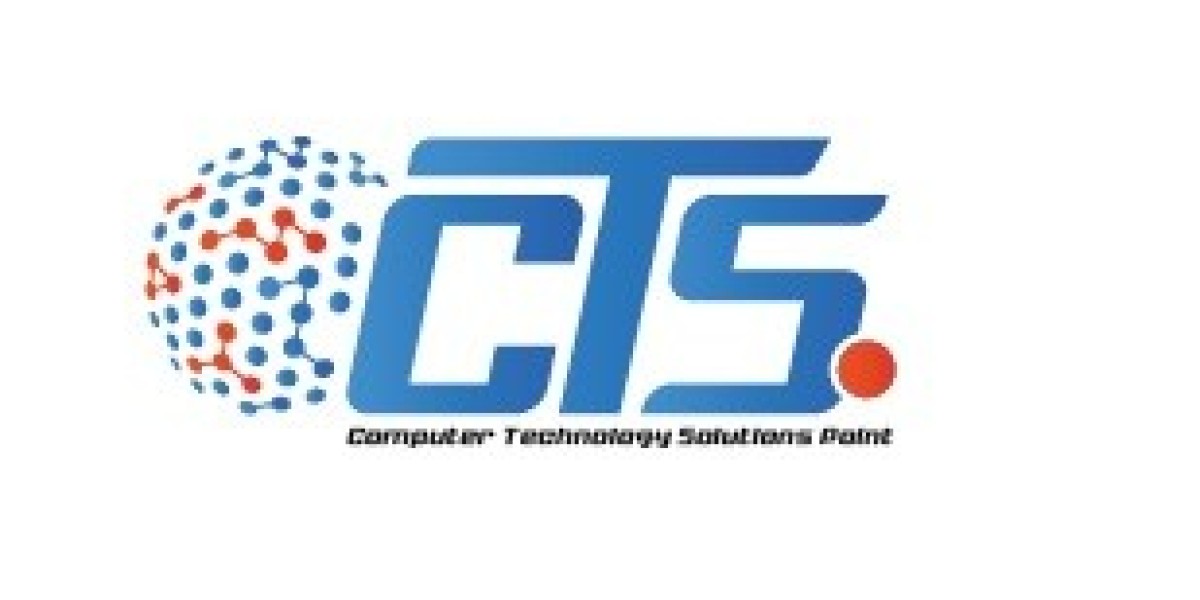Computer memory is a crucial component that directly influences the performance and speed of a computer system. It serves as the temporary storage space where the processor retrieves and stores data that is actively being used. Without adequate and efficient computer memory, even the most advanced processors and hardware configurations will struggle to perform tasks smoothly. Whether for personal use, gaming, or enterprise applications, the type and amount of computer memory can make a significant difference in a computer's overall efficiency.
What is Computer Memory?
In computing, computer memory refers to the physical devices used to store data temporarily or permanently within a computer. The most common form of memory is Random Access Memory (RAM), which is responsible for storing the data that the CPU needs in real time. RAM allows the processor to quickly access and manipulate data, enabling multitasking and fast execution of programs. Unlike storage devices such as hard drives or SSDs, which store data long-term, RAM only holds data while the computer is powered on.
There are also other types of memory, such as cache memory, which helps speed up data access by storing frequently used instructions. Both RAM and cache are considered volatile memory, meaning they lose all stored data when the computer is shut down.
Types of Computer Memory
There are various types of Computer Memory used in modern systems, each with its specific role and characteristics. The most well-known type is RAM, which comes in different variations, such as DDR (Double Data Rate) memory. The latest versions, such as DDR4 and DDR5, offer improved speed, bandwidth, and power efficiency, making them ideal for gaming, video editing, and other resource-intensive tasks.
Another type of memory is Read-Only Memory (ROM), which stores the computer’s essential startup instructions and does not lose its data when the system is turned off. While ROM cannot be easily modified, it plays a critical role in booting up the computer.
Flash memory, used in USB drives and SSDs, is non-volatile and can store data even when the power is off. This makes it ideal for storing files and applications long-term. The flexibility of flash memory has made it increasingly popular as an alternative to traditional hard drives.
Importance of Computer Memory in System Performance
Computer memory is central to a system’s performance because it directly affects how quickly and efficiently tasks are completed. A computer with insufficient RAM may slow down, especially when running multiple applications simultaneously. Adding more RAM allows for smoother multitasking, faster load times, and an overall more responsive system.
For gaming and other high-performance applications, the right type of computer memory is essential. A system with high-speed RAM can handle the demands of complex graphics and processing, while systems with slower or limited RAM may experience lag or crashes. Even in enterprise settings, such as data centers and server operations, memory capacity and speed play critical roles in processing large datasets and supporting multiple users.
Upgrading Computer Memory
One of the most common upgrades for improving system performance is increasing the amount of computer memory. Upgrading RAM is often a cost-effective way to boost a computer's speed and efficiency, especially for users who regularly engage in intensive tasks like video editing, 3D rendering, or running virtual machines. The process of upgrading RAM is relatively simple and typically involves adding new RAM sticks to available slots on the motherboard.
It’s important to ensure that the new memory is compatible with the existing hardware, especially in terms of speed and type (e.g., DDR3 vs. DDR4). Users also need to verify that their system’s motherboard can support the desired amount of RAM, as there are limits to the maximum memory capacity for each system.
Conclusion
Computer memory is a fundamental part of a computer’s performance and efficiency. Whether it's powering everyday tasks or supporting resource-intensive applications, having the right amount and type of memory can drastically improve system speed and reliability. Understanding the importance of computer memory and its various types helps users make informed decisions about upgrades, ensuring their systems can handle both current and future computing demands.








